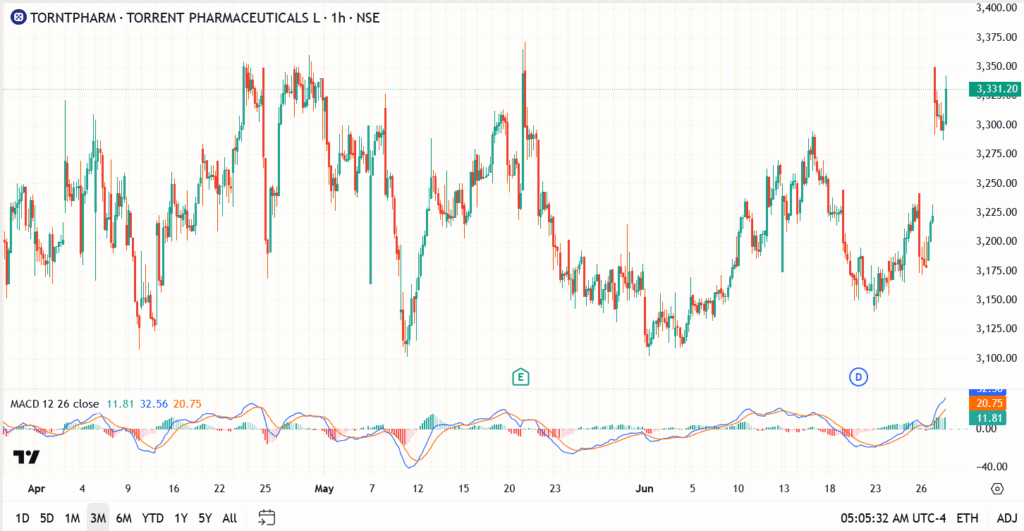Only 8.6% of West Africa’s $166bn Trade Remains Within Region, Says Foreign Minister Tuggar

Nigeria’s Minister of Foreign Affairs, Ambassador Yusuf Maitama Tuggar, has decried the persistently low volume of intra-regional trade in West Africa, despite the region’s exports of goods valued at over $166 billion in 2024.
Tuggar, speaking at the ongoing West Africa Economic Summit (WAES) 2025 in Abuja, noted that a staggering 91.4% of this trade occurs with external partners, leaving just 8.6% within the sub-region.
“Let us not forget that in 2024, West Africa exported goods valued at over $166 billion. Yet only 8.6 percent of that trade remained within our borders,” Tuggar stated at the high-level summit, attended by West African leaders, policymakers, and development institutions.
Register for Tekedia Mini-MBA edition 17 (June 9 – Sept 6, 2025) today for early bird discounts. Do annual for access to Blucera.com.
Tekedia AI in Business Masterclass opens registrations.
Join Tekedia Capital Syndicate and co-invest in great global startups.
Register to become a better CEO or Director with Tekedia CEO & Director Program.
The minister underscored the structural imbalance in West Africa’s trade pattern. While the region exports mostly raw, unprocessed materials, its imports are dominated by machinery and manufactured goods from non-African partners including China, India, the United States, and the European Union.
Tuggar noted that this trajectory is not just a capacity issue—it is a question of orientation. He called for more concerted efforts by governments in the region to formalize trade, reduce bureaucratic bottlenecks, and create environments that foster scale and efficiency for entrepreneurs.
He also acknowledged the resilience of the informal sector, which has found alternative ways to meet market demands—often bypassing formal regulatory systems and borders due to delays and inefficiencies.
Tinubu Calls for Regional Value Chains
Echoing the minister’s concerns, Nigerian President Bola Ahmed Tinubu used his keynote address at the Summit to push for the development of regional value chains that would enhance intra-African commerce and deepen economic ties across West Africa.
Intra-regional trade in West Africa remains under 10%, a situation the president said the region can no longer afford to ignore. He attributed the stagnant trade flows not to a lack of political will, but to “a coordination failure”—a systemic challenge that demands more strategic collaboration among regional stakeholders.
Tinubu emphasized the importance of removing trade barriers, harmonizing standards, and creating conditions that support investment across borders, noting that the current situation fails to tap into the immense economic potential of the West African market.
Nigeria’s Role in Regional Trade
Despite the broader regional challenge, Nigeria is showing signs of reorienting its trade footprint toward Africa. According to the National Bureau of Statistics (NBS), in the fourth quarter of 2024, Nigeria exported goods worth N2.04 trillion to African countries—representing 10.2% of its total exports for that period. Of this, N1.17 trillion worth of goods went to fellow Economic Community of West African States (ECOWAS) countries, amounting to 57.56% of Nigeria’s total African exports.
For the full year 2024, Africa emerged as Nigeria’s largest regional export destination, accounting for N8.74 trillion in total export value. These numbers signal a growing alignment with the goals of regional trade integration, even as overall intra-African trade remains below optimal levels.
WAES 2025: A Platform for Economic Transformation
The 2025 West Africa Economic Summit is an initiative of President Tinubu’s administration, spearheaded by the Federal Ministry of Foreign Affairs. Themed “Unlocking Trade and Investment Opportunities in the Region,” the Summit serves as a strategic forum to catalyze economic transformation, cross-border investments, and infrastructure development across critical sectors such as energy, agriculture, digital finance, and transportation.
The gathering in Abuja has attracted a powerful delegation of regional actors—including Heads of State and Government from Benin, Liberia, and Sierra Leone, top business executives, policymakers, multilateral development agencies, and youth-led innovation hubs.
The ambition behind WAES 2025 is to dismantle the barriers hindering the full implementation of the African Continental Free Trade Area (AfCFTA), deepen cross-border integration, and ensure that West Africa moves from being a net exporter of raw materials to a hub for manufacturing, innovation, and shared prosperity.
The remarks from Tuggar and Tinubu echo concerns expressed earlier by economists and business leaders: West Africa must do more to trade with itself. With growing youth populations, vast natural resources, and untapped industrial capacity, the region has the ingredients for an economic resurgence—but that will only materialize with bold reforms, smarter integration, and a willingness to rewrite the existing trade script.
The challenge remains how quickly governments can dismantle the regulatory, infrastructural, and political barriers that currently make it easier to trade with Beijing or Brussels than with Banjul or Bamako.




